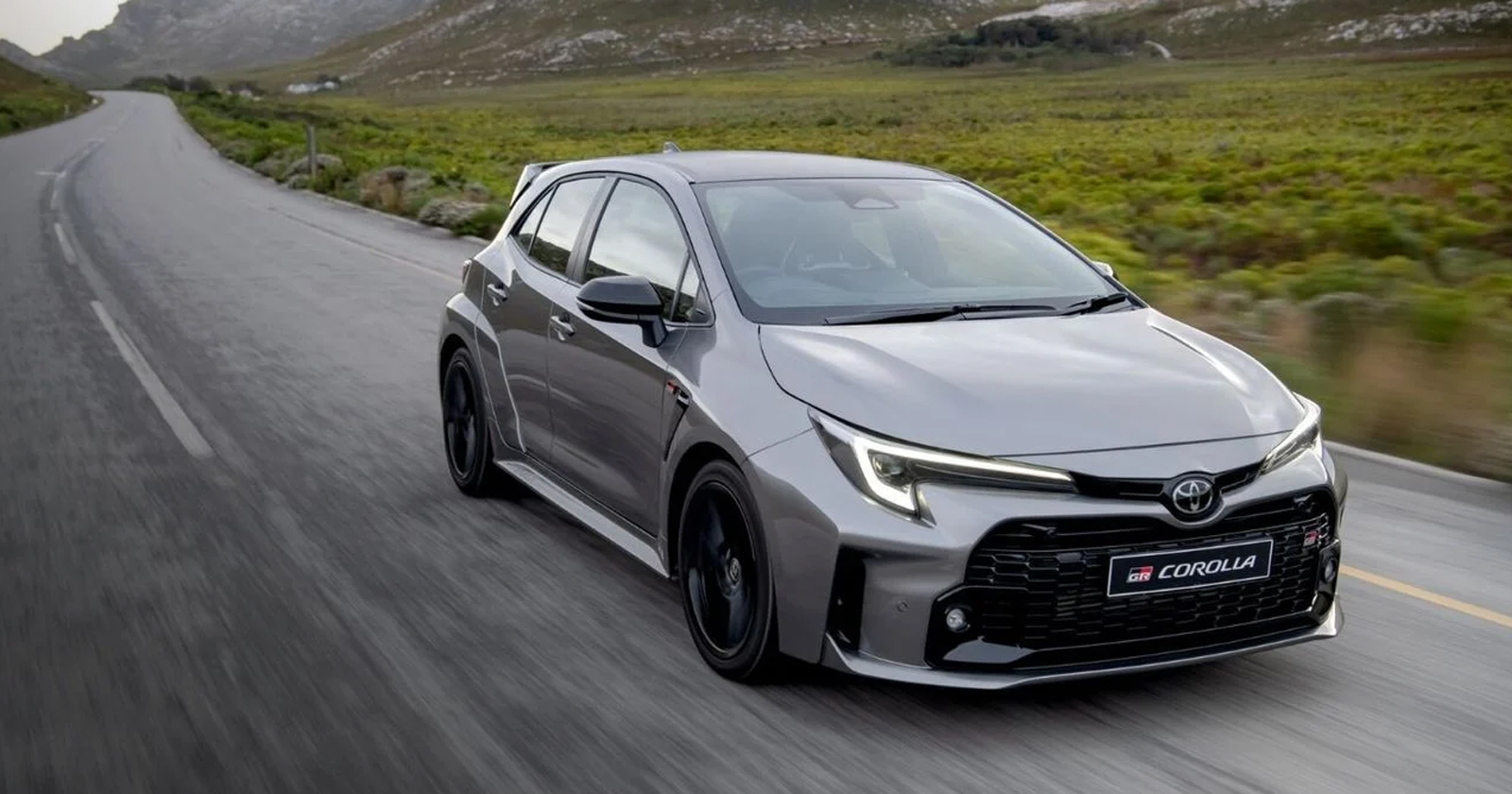Despite the rapid proliferation of electric vehicles in the global market, Toyota is not abandoning its internal combustion engine. The company is developing next-generation gasoline engines in collaboration with Subaru and Mazda. These engines, planned for 1.5- and 2.0-liter displacements, are designed to adapt to different powertrains.
Toyota to continue internal combustion vehicle production
Toyota CTO Hiroki Nakajima described the new engine family they are working on as a “game-changing solution.” Nakajima stated that the engines will be smaller, lighter, and more efficient. It was stated that the developed engines could be used not only with conventional internal combustion systems but also in electric, hybrid, and hydrogen-powered vehicles.

Andrea Carlucci, Toyota’s Vice President of Product Strategy and Marketing for Europe, stated that the new engines are optimized for all types of applications. Carlucci also noted that these engines are suitable for extended-range electric vehicles.
In this system, the internal combustion engine does not directly power the wheels; instead, it provides range support by charging the battery. This structure, similar to examples like the BMW i3 REX, Mazda MX-30, and Nissan E-Power, highlights the power-generating role of internal combustion engines.
Toyota is also raising its efficiency target for internal combustion engine technology. The company plans to further increase the 41 percent thermal efficiency it achieved in 2018 with the new engines. The new engines will be able to run on biofuels, synthetic fuels, and hydrogen in addition to fossil fuels. This will help ensure compliance with various emissions regulations in different markets.
New engine options include naturally aspirated and turbocharged 1.5-liter units. Additionally, Gazoo Racing has announced that high-performance versions of the 2.0-liter turbocharged engine are being developed, capable of producing up to 600 horsepower for use in race cars.
Toyota’s cautious approach to all-electric vehicles reflects the company’s long-term strategy. Carlucci emphasized that electric vehicles are not the only viable solution in every market and that they will continue to offer customers a variety of powertrain options. The company will offer alternative solutions, rather than imposing electric vehicles, particularly in regions where charging infrastructure is limited.
Carlucci echoed Toyota President Akio Toyoda’s previous view that “electric vehicles will never exceed a 30 percent market share.” With this approach, Toyota maintains the notion that the global automotive transformation requires the coexistence of multiple options, not just a single technology.













